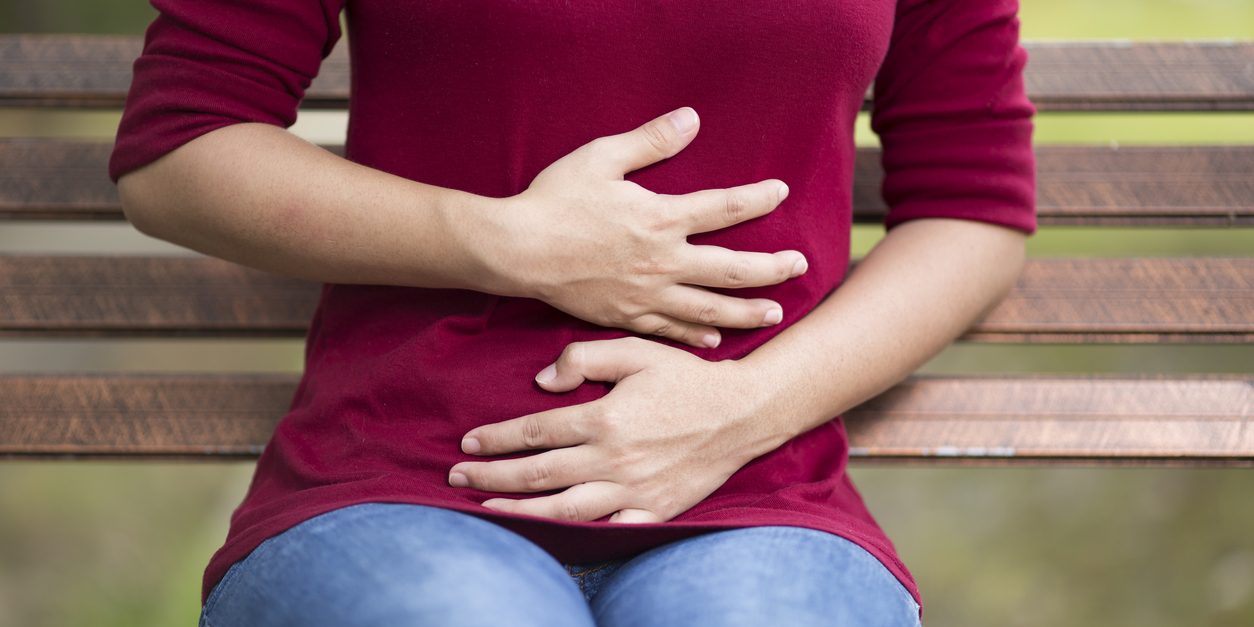Diverticulosis is a condition that occurs when small pouches, called diverticula, develop in your digestive tract. In some cases, these small pouches become infected or inflamed, which is a condition called diverticulitis. Though these two conditions are directly related and quite similar, the difference between them is that one, diverticulosis, leads to another, diverticulitis.
To learn more about your options for Diverticulitis treatment in Los Angeles, contact Dr. Siamak Tabib today.
What is Diverticulosis?
Diverticulosis is the condition where pouches, “diverticula”, form in the walls of your digestive tract. Most commonly occurring in the colon, the lower part of your large intestines, the inner layer of your intestines push through the weak spots in the outer lining causing pressure. This pressure makes them bulge out into little pouches.
In this condition, the pockets are NOT inflamed and often cause no symptoms. Many patients with this condition are not even aware of it. Diagnosis usually occurs during a routine colonoscopy or during a CT scan. About half of Americans over the age of 60 are affected by diverticulosis. Diverticula are uncommon before the age of 40, with likelihood of occurring increasing with age.
What are the causes, signs and symptoms of Diverticulosis?
There are a few known triggers for diverticulosis, most notably diet and genetics. Although genetics cannot be controlled, if you are predisposed to diverticulosis it is a good idea to be aware of that if you experience symptoms down the line. When it comes to diet, it is thought that those with a diet lacking in fiber are most likely to experience diverticulosis, though this theory is yet to be definitively proven.
Patients with diverticulosis often report cramping, flatulence, bloating, and irregular bowel movements. However, there is much debate about these symptoms and whether they can be directly diet to diverticulosis or irritable bowel syndrome, a condition with similar side effects. Diverticulosis can result in painless rectal bleeding and is a known common trigger for lower gastrointestinal bleeding. Diverticulosis can also lead to diverticulitis, which occurs in 10-25% of patients.
What is Diverticulitis?
Diverticulitis is a gastrointestinal disease characterized by the infection/inflammation of the diverticulum, the abnormal pouches that develop in the wall of the large intestine and occurs in 10-25% of people with diverticulosis. Diverticulosis develops into diverticulitis.
What are the causes, signs and symptoms of Diverticulitis?
Diverticulitis can cause tears in the colon resulting in bleeding, intestinal obstruction, peritonitis, the formation of abscesses, sepsis, and many other conditions. The infection of the diverticulum is often a result of waste collecting in a diverticulum.
There are also many symptoms that someone with diverticulitis will experience, including nausea, vomiting, constant abdominal pain, abdominal tenderness, constipation, diarrhea, and fever.
The precise causes of diverticulitis are unknown, but major risk factors are likely obesity, smoking, genetic predisposition to the condition, sedentary lifestyle, and taking certain drugs. Like diverticulosis, it is theorized that a low-fiber diet can raise your chances of this disease, but it is not conclusive.
Diverticulitis Treatment in Los Angeles
Dr. Tabib and his team are here to help you more fully understand your health. If you have questions about diverticulitis treatment in Los Angeles, contact us today to set up an appointment to help put your mind at ease and get you on a treatment plan!



